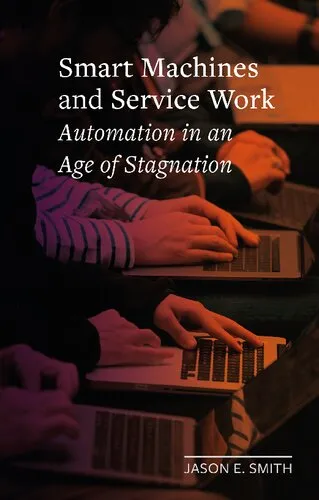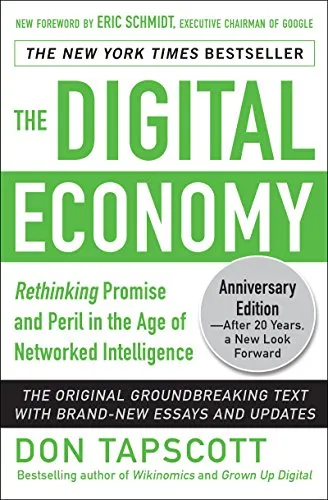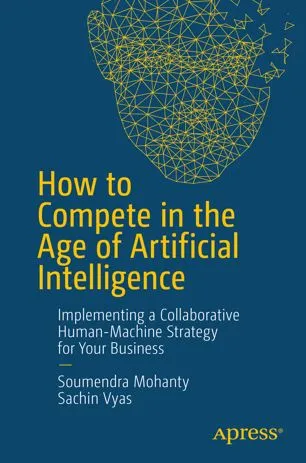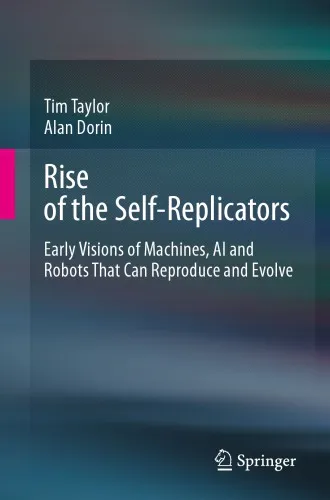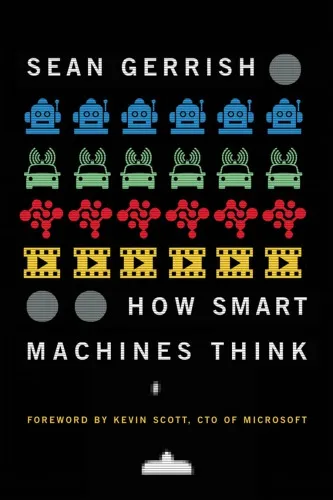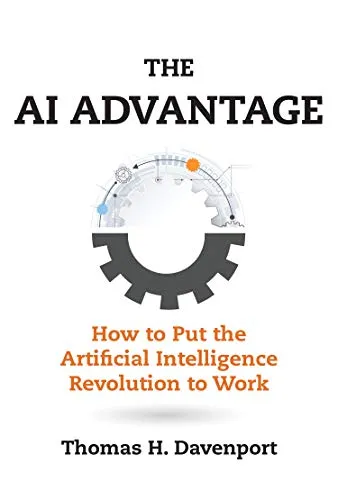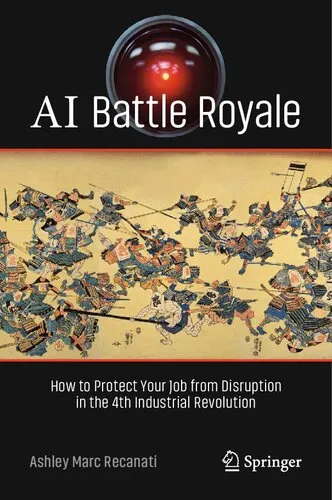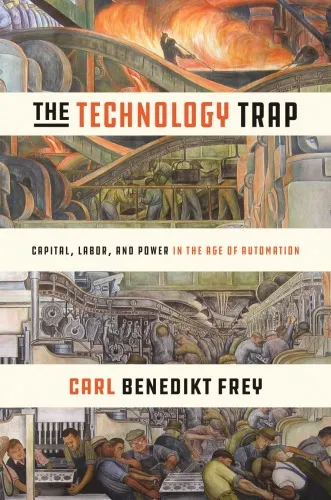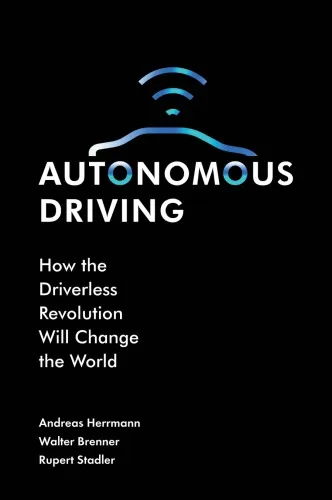Smart Machines and Service Work: Automation in an Age of Stagnation
4.1
Reviews from our users

You Can Ask your questions from this book's AI after Login
Each download or ask from book AI costs 2 points. To earn more free points, please visit the Points Guide Page and complete some valuable actions.Related Refrences:
Introduction
Welcome to an era where smart machines and technology redefine the dynamics of service and labor. In "Smart Machines and Service Work: Automation in an Age of Stagnation," Jason E. Smith delves deep into the intersection of automation, labor markets, and economic stagnation. This book invites readers to explore the impacts and implications of emerging AI technologies on employment and how it reshapes our understanding of productivity and economic value in modern society.
Detailed Summary of the Book
The phenomenon of automation is not new; however, its rapid advancement in recent years has brought unprecedented changes to various sectors, especially in service work. At the heart of the book lies a critical examination of how smart machines are transforming industries and the workforce. Jason E. Smith argues that automation is occurring during a period of broader economic stagnation, complicating the prospects for job growth and quality work.
Through a blend of theoretical insights and empirical analysis, Smith dissects how automation impacts service industries, which are typically less affected by technological change compared to manufacturing sectors. The book raises questions about whether these advancements genuinely lead to prosperity or if they exacerbate economic disparities. Smith also examines the role of policy in managing the transition towards an automated economy, emphasizing the need for an ethical framework to guide this change.
Key Takeaways
- Transformation of Labor: Automation is reshaping job roles, necessitating a shift in skills and education to keep pace with technology.
- Economic Stagnation: Contrary to popular belief, smart machines may not lead to economic boom but rather exist alongside prolonged periods of stagnation.
- Socio-Economic Disparities: Automation could widen the gap between different socio-economic classes unless proactive measures are taken.
- Policy and Regulation: There is a critical need for strong policy frameworks to ensure equitable distribution of the benefits derived from automation.
Famous Quotes from the Book
“The age of automation doesn’t promise more jobs or wealth distribution but rather a redefining of human work itself.”
“Without strategic intervention, smart machines might deepen the cycles of economic stagnation.”
Why This Book Matters
In the age of rapid technological advancement, understanding the influence of automation on service work is crucial. "Smart Machines and Service Work" provides a comprehensive exploration of these changes, making it a pivotal read for policymakers, economists, and anyone interested in the future of work. With its insightful analysis, the book challenges preconceived notions about progress and prosperity linked with technology, urging readers to rethink the social contract in an automated world.
The book’s relevance cannot be overstated as it parallels ongoing debates about AI ethics, job displacement, and economic inequality. As societies grapple with these issues, Jason E. Smith’s work offers a thought-provoking roadmap for navigating the complexities of service work in the automation age.
Free Direct Download
You Can Download this book after Login
Accessing books through legal platforms and public libraries not only supports the rights of authors and publishers but also contributes to the sustainability of reading culture. Before downloading, please take a moment to consider these options.
Find this book on other platforms:
WorldCat helps you find books in libraries worldwide.
See ratings, reviews, and discussions on Goodreads.
Find and buy rare or used books on AbeBooks.
1509
بازدید4.1
امتیاز0
نظر98%
رضایتReviews:
4.1
Based on 0 users review
Questions & Answers
Ask questions about this book or help others by answering
No questions yet. Be the first to ask!
